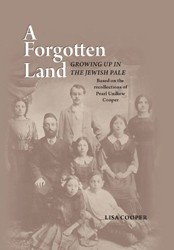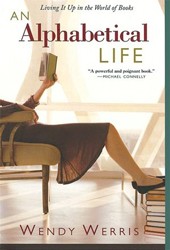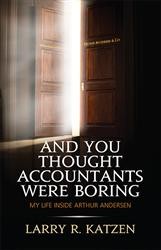The story of the Emanuel brothers (Rahm, Chicago mayor and former White House advisor; Ezekiel, renowned bio-ethicist; and Ari, leading Hollywood talent agent) provides an extraordinary lens on Jewish-American life in the second half of the twentieth century. Ezekiel, the oldest brother, describes what it was like growing up with his brothers in Fifties Chicago, raised by a liberated-before-her-times mother who read Dr. Spock and took her boys with her when she went on civil rights demonstrations, and their big-hearted father who opened his medical practice to all patients, regardless of income. Cranky grandparents, Israeli relatives, and an assortment of Chicago friends flesh out the cast of characters. Unlike their Leave It to Beaver counterparts, the Emanuels were noisy and messy and argumentative and non-conformist. They were also very Jewish, although they had less to do with God than with tikkun olam, repairing the world. Toward the end of the narrative, Ezekiel tries to sort out the question everyone wants to ask — what did their mom put in their cereal to make them each such different but such successful men? After a bit of nature versus nurture discussion, and a reminder of their dad’s role, Ezekiel comes back to the bond these three brothers forged with each other, and how it made them each better men. Sometimes people buy books for bar mitzvah boys — this would be a good one for their parents!
Bettina Berch, author of the recent biography, From Hester Street to Hollywood: The Life and Work of Anzia Yezierska, teaches part-time at the Borough of Manhattan Community College.





